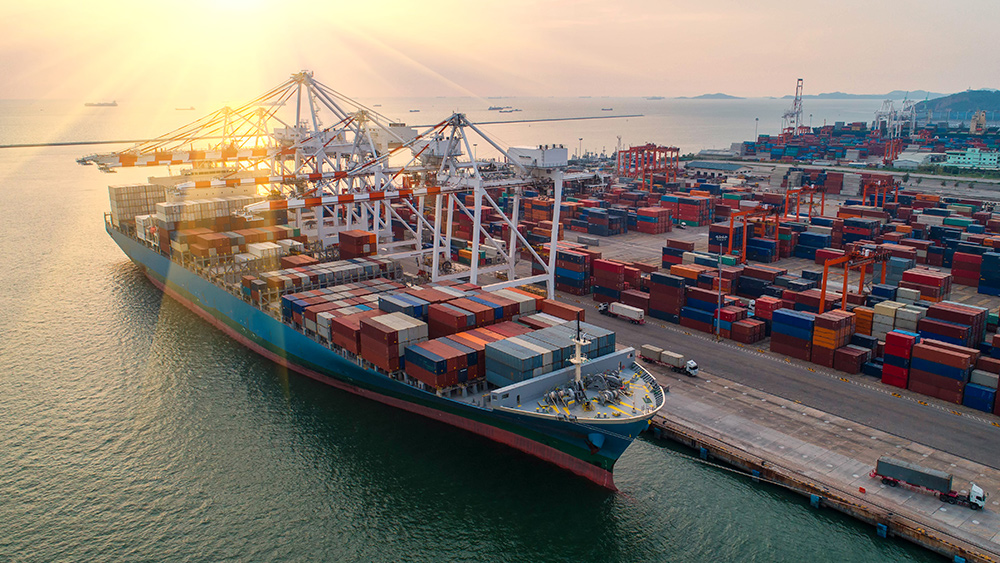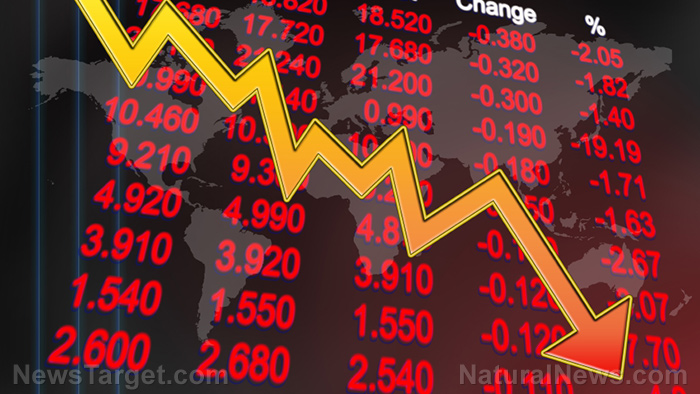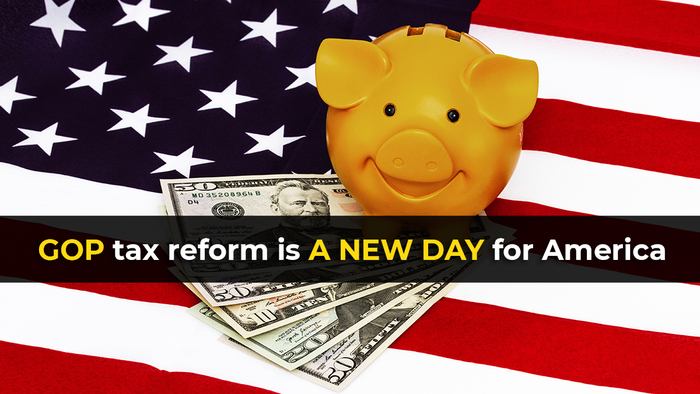UN’s stealth carbon tax on shipping: A direct hit to American wallets
04/03/2025 / By Willow Tohi

- The IMO (a UN body) plans to impose a carbon tax of 19 to 150 per ton of CO2 emissions from shipping fuel, which could double fuel costs for cargo ships — raising prices for consumers on essentials like food, fuel and clothing.
- As the world’s largest importer, the U.S. would bear the heaviest burden, worsening inflation and hitting working-class families hardest.
- The 2023 IMO GHG Strategy, backed by the Biden administration, aims for “net-zero” shipping by 2050. The Trump administration must block it by withdrawing support, refusing enforcement and requiring Senate approval for any UN tax.
- The EU may pivot to cap-and-trade instead, while China, Brazil and Saudi Arabia oppose the tax, citing higher consumer costs. China has threatened to leave the IMO if the tax passes.
- The tax reflects a pattern of UN climate policies (e.g., Kyoto, Paris Accords) harming economic growth. Critics argue it’s about control, not climate, and would set a dangerous precedent for UN overreach without congressional input.
The International Maritime Organization (IMO), a United Nations (UN) body ostensibly tasked with ensuring safe shipping, is poised to impose an ocean carbon tax on shipping fuel, with proposals ranging from 19 to 150 per ton of CO2 emissions. For context, a $150/ton tax would effectively double fuel costs for cargo ships — costs that will inevitably be passed down to consumers in the form of higher prices for food, fuel clothing and other essentials.
This is not just another bureaucratic overreach—it’s a direct economic assault on the United States, the world’s largest importer of goods. With 3.2 trillion in annual imports, including 760 billion in consumer goods, Americans will feel this tax more than any other nation.
How the UN’s carbon tax would cripple American consumers
The math is simple — and alarming. Marine fuel oil, which powers most large cargo ships, currently costs 400 per ton. Burning one ton of this fuel produces roughly 3.2 tons of O2, meaning a 150/ton carbon tax would add $480 per ton — effectively doubling the price of fuel overnight.
The consequences?
- Higher shipping costs mean higher prices for everyday goods — everything from groceries to gasoline.
- A 150/ton tax would be the equivalent of adding 1.29 per gallon to gasoline prices at the pump.
- The U.S. economy, already strained by inflation, would face another wave of price hikes, disproportionately hurting working-class families.
As Marc Morano of Climate Depot warns: “This is a tax on America most of all.”
The Biden-UN connection: A climate policy sneak attack
The origins of this scheme trace back to the 2023 IMO GHG Strategy, a Biden-backed UN agreement committing member nations to “net-zero” shipping emissions by 2050. The Trump administration, now back in power, must act swiftly to block this policy before it takes effect.
Key actions the administration can take:
- State Department (Marco Rubio): Withdraw U.S. support for the 2023 IMO Strategy and vote NO at next week’s UN meeting.
- EPA (Lee Zeldin) & Coast Guard (Adm. Kevin Lunday): Refuse to enforce any international carbon tax not ratified by the Senate.
- Senate (John Thune, Mike Lee): Declare any UN carbon tax a treaty-level decision, requiring Senate approval—which will never happen.
Global pushback: Will the EU cave?
Recent reports suggest the EU may abandon the carbon tax in favor of a cap-and-trade system — a marginally less destructive but still dangerous alternative. However, as energy analyst Alex Epstein notes: “The Trump administration must oppose any form of global shipping emissions tax, whether direct or through trading schemes.”
Meanwhile, China, Brazil and Saudi Arabia are leading opposition to the levy, arguing it would raise consumer prices and harm trade. China has even threatened to withdraw from the IMO if the tax is forced through.
Historical context: The UN’s long war on economic growth
This is not the first time the UN has pushed economically devastating climate policies under the guise of environmentalism. From the Kyoto Protocol to the Paris Agreement, global elites have repeatedly tried to stifle industrial growth in the name of “saving the planet.”
The difference now? The stakes are higher than ever. If this tax passes, it will set a dangerous precedent—empowering the UN to dictate U.S. energy and trade policy without congressional approval.
The bottom line: America must fight back
The UN’s ocean carbon tax is not about climate — it’s about control. By driving up costs for consumers and businesses, it would weaken the U.S. economy while doing nothing measurable to reduce global temperatures.
The Trump administration has a narrow window to stop this disaster. If they fail, American families will pay the price—literally.
Sources include:
Submit a correction >>
Tagged Under:
big government, Bubble, carbon credits, carbon dioxide, climate, corruption, debt bomb, economy, emissions tax, Globalism, green living, Green New Deal, green tyranny, Inflation, insanity, money supply, Net Zero, outrage, risk, shipping, supply chain, Taxes, trade wars, UN
This article may contain statements that reflect the opinion of the author
RECENT NEWS & ARTICLES
COPYRIGHT © 2017 RISK NEWS


















